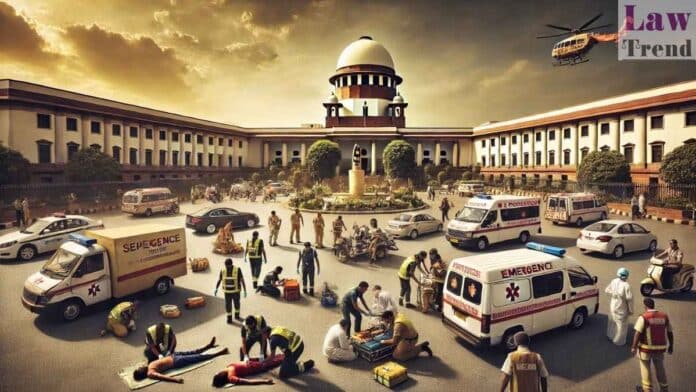The Supreme Court of India, in a significant judgment concerning motor accident claims, has ruled that an unmarried daughter is to be treated as a dependant of the deceased for calculating compensation, irrespective of her employment status. A bench comprising Justice N.V. Anjaria and Justice Atul S. Chandurkar also corrected the method for calculating income
To Read More Please Subscribe to VIP Membership for Unlimited Access to All the Articles, Download Available Copies of Judgments/Order, Acess to Central/State Bare Acts, Advertisement Free Content, Access to More than 4000 Legal Drafts( Readymade Editable Formats of Suits, Petitions, Writs, Legal Notices, Divorce Petitions, 138 Notices, Bail Applications etc.) in Hindi and English.




